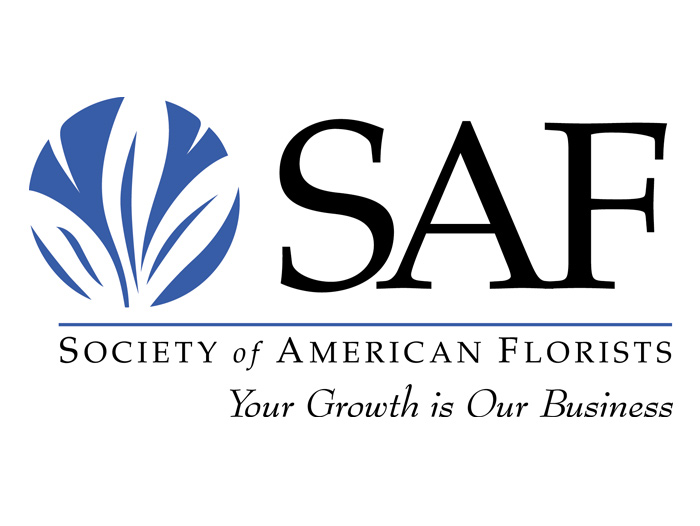SAF to Take Industry Issues to Capitol Hill During 43rd Annual Congressional Action Days
March 2, 2023 | 5 min to read

ALEXANDRIA, VA. — On March 20-21, floral professionals from all segments will gather and meet with key decision makers on Capitol Hill as part of SAF’s 43rd annual Congressional Action Days (CAD). During CAD attendees advocate for the industry with one unified voice, share their stories directly with legislators who can impact change– and experience an insider’s view of Washington D.C. while doing it.
“Each year Congressional Action Days brings something new — meeting new [legislators], learning about different aspects of the industry and the new issues that are brought to light,” says Jodi McShan, AAF, of McShan Florist in Dallas. “It is great to see how what we are asking for progresses each year, and how our actions really help Congress and their staffs understand where we are coming from. It helps them view the issues in a new light.”
This year the issues will focus on preserving a hard-fought increase in floriculture research funding dollars, price certainty for fresh floral product, and a stable agricultural workforce.
1. Maintain funding for the Floriculture and Nursery Research Initiative (FNRI) at the Fiscal Year 2023 level.
In December 2022, Congress passed the FY-2023 spending bills and included $1 million increase for FNRI — a funding increase SAF members asked for during last year’s CAD. This vital Agricultural Research Service program works to address pest and disease problems, tackle the challenges of climate change and enhance the efficiency of production practices.
This year, the increased funding for FNRI will enable USDA and its university partners to pursue Unmanned Aircraft Systems (UAS) technologies to aid floriculture producers with pest and disease scouting, monitor abiotic stresses and even apply crop production and protection products.
2. Pass legislation reauthorizing the Generalized System of Preferences (GSP), which supports the floral industry by containing costs and providing importers and retailers with greater price certainty.
The GSP is a trade preference program that allows for duty free entry into the United States for thousands of products, including roses from Ecuador. It expired at the end of 2020 so Congress must reauthorize the program to reinstate its benefits. Duty-free access for cut flowers through GSP enables local and family-owned floral shops and wholesalers to invest these resources in hiring additional staff, promoting consumer purchases, and investing in the future of family businesses.
3. Pass legislation to address the agricultural labor crisis by providing legal status for current agricultural employees and ensuring employers have access to a stable and secure workforce now and in the future.
Severe labor shortages and forced wage increases continue to impact growing operations and the floral supply chain. These shortages — due to ineffective federal policy on agriculture labor — jeopardize the future success of the floriculture sector and the vitality of rural economies, which rely upon agriculture as a primary economic driver.
The impact goes far beyond the farm gate, as each on-farm employee supports two to three other jobs up and down the food and agriculture supply chain.
Registration for CAD 2023 is open. Click here for more information.
About The Society of American Florists
The Society of American Florists is the association that connects and cultivates a thriving floral community through training, education, marketing resources and advocacy. Our vision: The power of flowers in every life. For more information, visit safnow.org.
